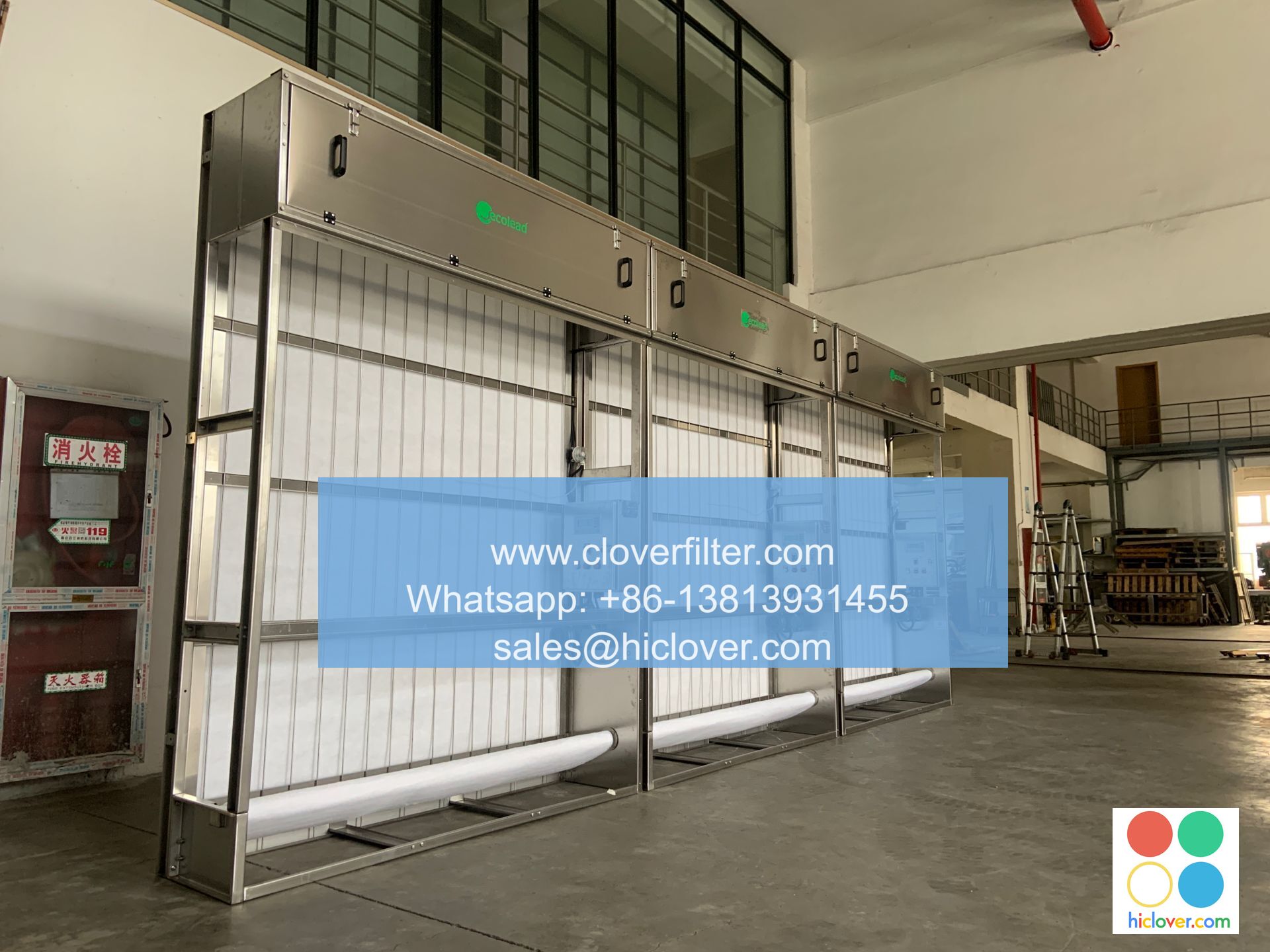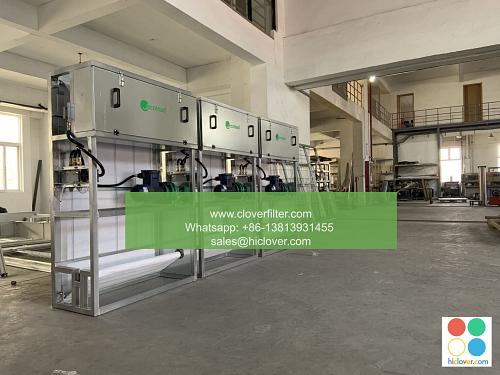The Benefits of High-Performance Air Filters for People with COPD

COPD: A Chronic Respiratory Disease and the Need for High-Performance Air Filters
Introduction
Chronic Obstructive Pulmonary Disease (COPD) is a progressive lung disease that makes it difficult to breathe, making it one of the most significant public health concerns. According to the World Health Organization (WHO), COPD affects over 210 million people worldwide. As the disease progresses, even mild respiratory irritants can trigger exacerbations, making it crucial to maintain a healthy indoor environment. This is where high-performance air filters come into play, providing a vital solution for individuals with COPD.
Benefits of High-Performance Air Filters for People with COPD
High-performance air filters are designed to capture even the smallest particles, including dust, pollen, and other airborne allergens, ensuring cleaner air and improved respiratory health for individuals with COPD. Here are some key benefits:
Improved Air Quality
High-performance air filters can remove up to 99.97% of airborne particles as small as 0.3 microns, including pesky dust, pollen, and other allergens. This results in a significant reduction of respiratory irritants, allowing individuals with COPD to breathe easier and experience improved air quality.
Reduced Exacerbations
Studies have shown that poor indoor air quality can trigger COPD exacerbations. By removing airborne pollutants and irritants, high-performance air filters can help reduce the frequency and severity of these events, allowing individuals with COPD to maintain a better quality of life.
Increased Mobility and Productivity
With improved air quality, individuals with COPD can enjoy increased mobility and reduced fatigue, allowing them to engage in daily activities with greater ease and confidence. This, in turn, can lead to enhanced overall well-being and a higher quality of life.
Increased Respiratory Health
By removing airborne allergens and pollutants, high-performance air filters can help reduce respiratory issues, such as bronchitis and pneumonia, which are common complications of COPD. This results in improved respiratory health and a lower risk of related health problems.
Key Applications for High-Performance Air Filters in COPD
- Respiratory Care Centers: High-performance air filters are essential in respiratory care centers, where patients with COPD and other respiratory conditions frequent. They provide a clean and healthy environment, reducing the risk of infections and promoting better respiratory health.
- Homecare: For individuals with COPD, a high-performance air filter in their home can significantly improve air quality, reducing dust and allergen levels, and providing a healthier breathing environment.
- Public Buildings: Public spaces, such as offices, shopping malls, and restaurants, can benefit from high-performance air filters, which can help reduce pollution levels and improve indoor air quality, making them a healthier environment for individuals with COPD.
- Automotive: Vehicle owners with COPD can benefit from HEPA-filtered air purifiers, which can remove pollutants and allergens from the air, reducing respiratory discomfort and improving overall health.
Conclusion
By incorporating high-performance air filters into daily life, individuals with COPD can experience improved respiratory health, reduced exacerbations, and increased mobility. Whether in a residential, commercial, or public setting, these filters provide a vital solution for maintaining a healthy indoor environment, improving overall well-being, and reducing the risk of respiratory complications.
I’m happy to help! However, I don’t see a prompt or topic that you’d like to discuss. Could you please provide one or share what’s on your mind, and I’ll do my best to assist you?

